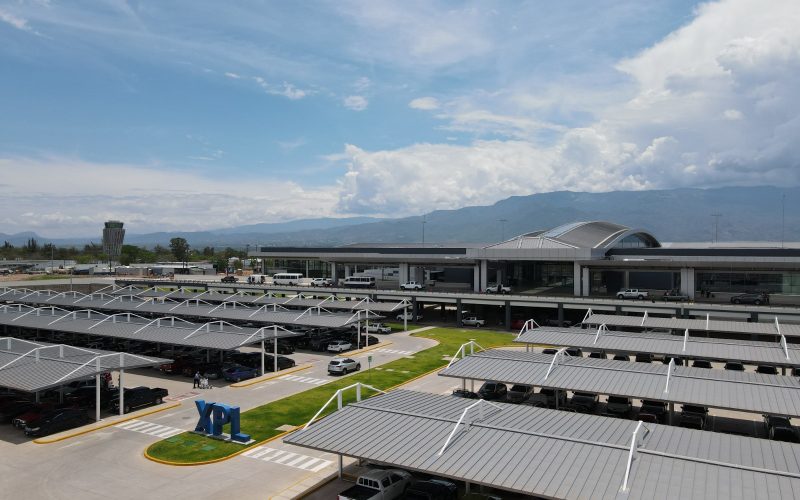The prospect of the Honduran government transferring control of Palmerola International Airport to China has created a climate of significant political and diplomatic pressure. This move, credited to the governing party, has positioned the nation at the heart of a strategic conflict involving Beijing and Washington, directly affecting the country’s sovereignty and governance.
A strategic enclave in dispute
Sources close to the executive branch have indicated that the proposal seeks to strengthen China’s presence in Central America by managing infrastructure considered key in terms of trade and security. Beijing’s eventual participation in Palmerola, located in Comayagua, would give China a privileged position in the region and increase its influence in the isthmus.
The United States, on its end, has voiced its disapproval of this situation. Washington believes that having China in control of a strategic airport located just a few kilometers from its area of influence in the hemisphere could jeopardize its security interests, especially concerning counter-narcotics efforts and maintaining regional stability.
Internal responses and political inquiries
El anuncio ha generado un intenso debate a nivel nacional. Grupos opositores y representantes de organizaciones sociales han criticado lo que consideran una cesión de un recurso considerado crucial para la seguridad del país a un estado extranjero. Entre las críticas más frecuentes se encuentra la afirmación de que Honduras podría convertirse en un escenario de conflicto entre potencias, debilitando su autonomía en la toma de decisiones estratégicas.
International policy experts warn that a possible transfer of the airport could consolidate Honduras’ subordinate role in the current global competition, framed by dynamics that some analysts describe as a new cold war. From this perspective, the measure would place the country on the chessboard of tensions between the United States and China, with as yet uncertain consequences for internal stability.
Management in a context of outside challenges
The scenario presents a pressing issue for the institutions in Honduras. Managing Palmerola goes beyond just administrative or logistical duties; it also ties into the state’s capacity to protect a crucial area amidst clashing external agendas. The debate surrounding the airport’s future has emerged as a representation of the struggle for national sovereignty in a setting where foreign diplomacy has a direct impact on internal management.
As diplomatic tensions escalate, the government confronts the challenge of harmonizing competing interests: balancing the economic and political benefits closer relations with China might offer, with the necessity of preserving a steady alliance with the United States, its primary partner in security and collaboration.
A future marked by uncertainty
The debate surrounding Palmerola Airport reflects the broader tensions facing Honduras on the international stage. The struggle between powers redefines the country’s scope for action and conditions the viability of its strategic decisions.
Here is the new text based on your instructions:
In this situation, the debate extends beyond just the future of an airport terminal, posing broader questions about the ability of institutions to maintain national independence and guarantee steadiness in a progressively complicated geopolitical setting.




